
United States Artists Announces the 2021 Class of Fellows
The United States Artists (USA) announced its 2021 class of Fellows yesterday, and it’s the largest class in the organization’s history. USA is a philanthropic arts organization based in Chicago, and their mission is to support the development of artists’ visions at any stage of their careers. Sixty U.S.-based artists across ten artistic disciplines have been named USA Fellows and will receive $50,000 in funding to support their artistic work.
The ten categories for artistic disciplines are as follows: Architecture & Design, Craft, Dance, Film, Media, Music, Theater & Performance, Traditional Arts, Visual Art, and Writing. Some past notable fellows in writing include playwright Annie Baker (2011), essayist Charles D’Ambrosio (2007), comics writer Lynda Barry (2019), and journalist Lisa Armstrong (2019). In the writing category, USA Fellows cover wide genres because the organization is committed to choosing innovative artists and writers addressing a variety of issues in the American arts world.
This year’s USA Fellows for writing are Alexander Chee, Eve L. Ewing, Honorée Fanonne Jeffers, Dunya Mikhail, Elizabeth McCracken, Natalie Y. Moore, Danez Smith, and Ocean Vuong. Like all the different disciplines, these fellows were chosen by a panel that USA put together in order to represent a variety of perspectives. The 2021 writing panelists were Brigid Hughes (the editor of A Public Space), novelist Jacqueline Woodson, and Don Share (former editor at POETRY Magazine).*
This year’s Fellows have made contributions with many types of writing from very diverse perspectives, reaffirming USA’s commitment to highlighting artists from all backgrounds at all stages of their careers. Since these writers have work published, we wanted to highlight some of their books so we can get excited about what the USA Fellow funding will allow them to produce in the future.
The 2021 USA Fellows Reading List

Ironheart Vol. 1 by Eve L. Ewing
In addition to writing poetry and scholarly work about the city of Chicago and serving as a professor at the University of Chicago’s School of Social Service Administration, Eve Ewing took over Ironheart for Marvel. Riri Williams steps out of Iron Man’s shadow in her own comic series, balancing her life at M.I.T., her past in Chicago, and her superhero identity. Ewing made this beloved character come alive in a fantastic way, with warmth and understanding for a teenager who has to fight a lot of different battles.
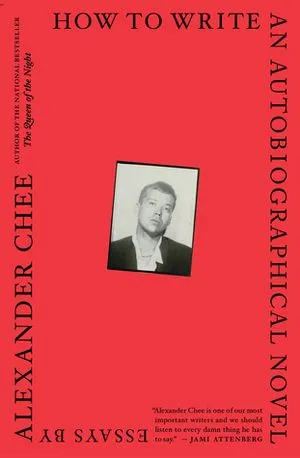
How to Write an Autobiographical Novel: Essays by Alexander Chee
Alexander Chee is well-known for giving the best advice about how to occupy a different perspective while writing. His most important question for writers is why do you want to write this story? This essay collection pulls from all of his experiences so he can understand his own motivations. His life events intersect with those of national importance, from the AIDS crisis to the election of 2016.
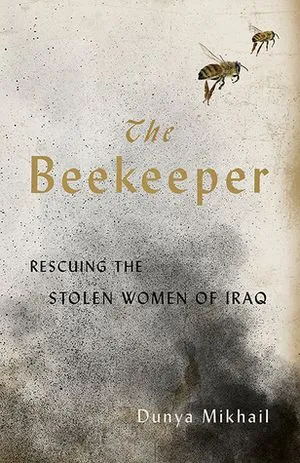
The Beekeeper: Rescuing the Stolen Women of Iraq by Dunya Mikhail, Translated by Max Weiss
If you’re looking for a true and surprising story of escaping a terrible situation, this book is definitely for you. Women of the Yazidi people in northern Iraq were brutalized for years by ISIS, and they found a way out with the dogged resolve of a beekeeper. The news often focuses on the intensity of violence in Iraq, but this story is an engaging and hopeful tale about the resilience of ordinary people and their willingness to help one another.
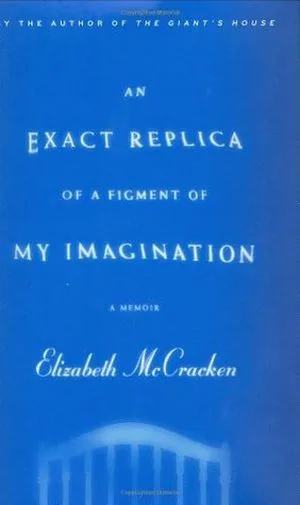
An Exact Replica of a Figment of My Imagination by Elizabeth McCracken
Even in the space of unexpected joy, there can be terrible and unexpected tragedy. McCracken’s autobiography traces the euphoric experience she had of falling in love and getting pregnant later in life, and then losing the baby. It’s a beautiful book that displays how it feels to get something you never thought you wanted and then losing something so precious. McCracken’s novel Bowlaway also won the grand prize at the Hamilton Book Awards last year.
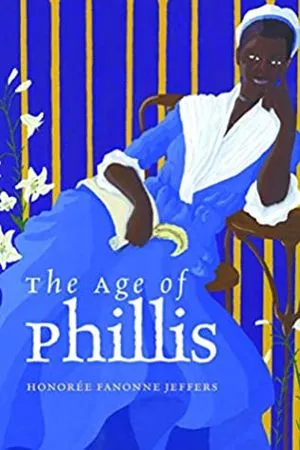
The Age of Phillis by Honorée Fanonne Jeffers
Starting from Phillis Wheatley’s incredibly significant poetry, Honorée Fanonne Jeffers gives as complete a portrait as she can of the African American writer who has been historically put aside. She also includes poems about Wheatley and the times she was living in. Being a major historical figure didn’t mean she could get all the respect she was due at the time, so Jeffers is here to correct that.
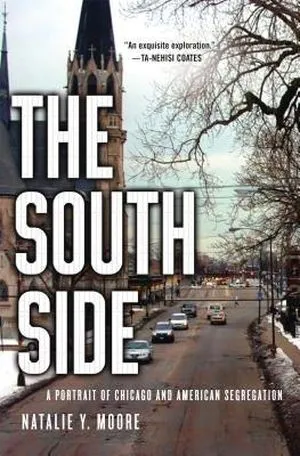
The South Side: A Portrait of Chicago and American Segregation by Natalie Y. Moore
Chicago has changed a lot in the past few decades, and it’s constantly being pushed to become a “world class city.” The bargains that politicians make in order to display a “safe” and inviting city nearly always force Black and brown communities further into segregated communities. Moore explains thought a series of essays how segregation never really ended in Chicago and how it has gotten even harder on the communities negatively affected by the city’s contemporary politics.

Don’t Call Us Dead by Danez Smith
Danez Smith is another fantastic poet innovating on the form and inviting readers in without pulling punches on their anger. Smith uses poetry to explore the boundaries of a marginalized body in America. They also communicate the intense emotions through short, angry lines and melancholic reflections.
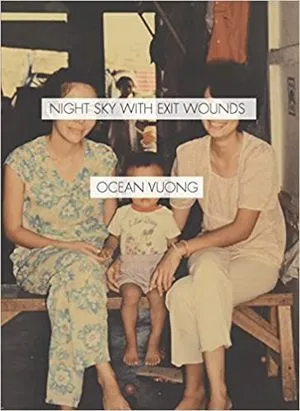
Night Sky with Exist Wounds by Ocean Vuong
Vuong’s first novel, On Earth We’re Briefly Gorgeous, is hugely popular, but his first full-length poetry collection was also a sensation in the literary world. Vuong taps into gentleness and warmth despite the heaviness of his subject matter. His facility with poetry is also what makes his prose and fiction so engaging.
Critical Funding for Artists
Last year, United States Artists also joined with other arts organizations to start Artist Relief, which provides emergency funding to artists impacted by the COVID-19 pandemic. Artist Relief gave $5,000 grants to artists in dire need. Applications closed on December 10, 2020, but they’re working on options for starting them up again. Although everything is pretty unclear in the realm of arts funding right now, organizations like USA do seem committed to preserving the work and lives of artists.
These writers run the gamut of genre and form, and it’s clear that USA is always trying to represent how different artistic contributions can be. The USA board chair Ed Henry has said, “it is more important than ever that we continue to support individual artists.” The COVID-19 pandemic has had far-reaching effects on the lives of artists and performers, especially those that rely on being able to be in a room with audiences. Authors and bookish institutions have had to make big changes in response to the pandemic, from book release delays to new library rules. Without the ability to travel and promote their work at local bookstores, writers have had a tough time. It’s more important than ever to support innovative voices, like the USA Fellows, who push us to confront American mythology and reality.
*Editor’s Note: This post has been updated with 2021 panelists. The names previously listed were part of USA’s 2020 writing panel.



